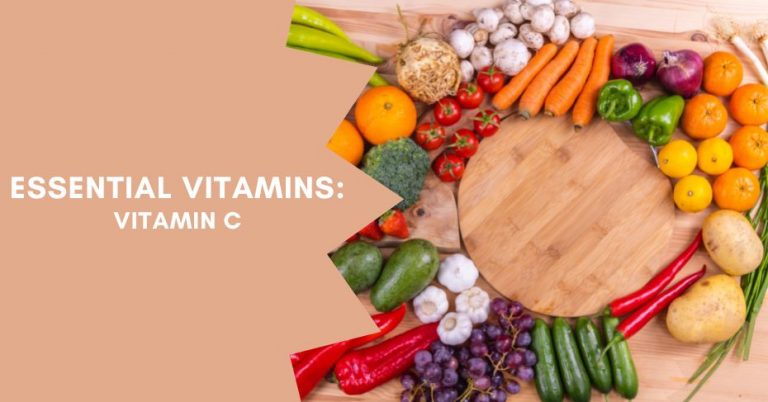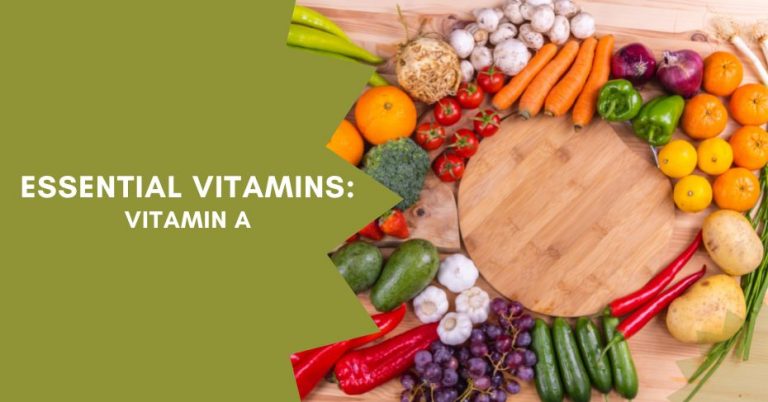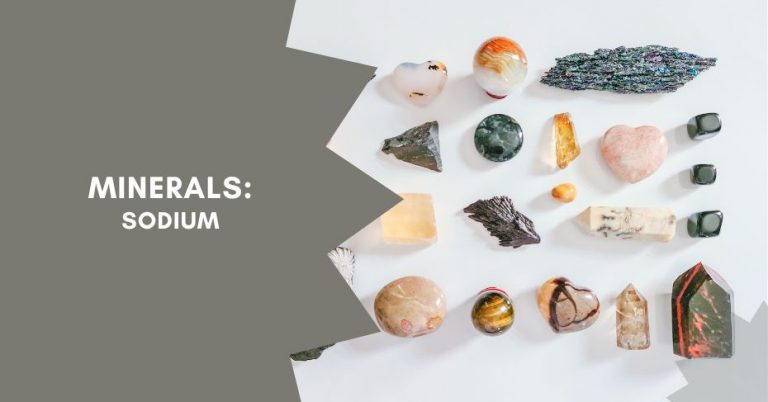Vitamin B9, also known as folate or folic acid, is one of the essential vitamins that your body needs to function properly. Folate is found in a variety of foods and plays an important role in many bodily functions including cell growth and development, energy production, and mental health. Read on to learn more about the health benefits of vitamin B9 and how you can get enough of it in your diet.
What Does Vitamin B9 Do?
Vitamin B9 is essential for the breakdown and utilization of proteins within our bodies. It’s also involved in metabolism and helps to form healthy red blood cells. Folate can also help to reduce inflammation and protect against certain types of cancer, such as colon cancer. Furthermore, it aids in brain development and functioning—especially during infancy—and helps to regulate moods by increasing levels of serotonin within the body. Folate may also help reduce symptoms of depression and anxiety in adults. Additionally, folate is known to improve fertility in both men and women by helping to create healthy sperm cells. This makes it especially important for those trying to conceive a child.
Vitamin B9 is an essential nutrient for pregnant women as it helps their bodies produce healthy red blood cells and can prevent birth defects such as spina bifida and neural tube defects. It also helps maintain healthy cells throughout the body which can help reduce the risk of certain cancers such as colorectal cancer. Additionally, it supports immune function by helping your body fight off illnesses like colds and flu.
Vitamin B9 also plays an important role in digestion by helping break down food into energy that your body can use. It also helps your body absorb other nutrients from food more easily which can lead to improved overall nutrition levels. Finally, it has been linked to improved mental health due to its ability to regulate hormones like serotonin which can help reduce anxiety and depression symptoms.
Benefits of Vitamin B9
Vitamin B9 has a number of important functions within the body. It helps to produce red blood cells which carry oxygen around the body, it assists with breaking down carbohydrates into energy, it supports mental health by helping to produce serotonin which is a neurotransmitter responsible for regulating moods, and it helps protect against certain types of cancer by promoting healthy cell growth.
How Can We Get More Vitamin B9?
The best way to get enough vitamin B9 is through eating a balanced diet that includes plenty of leafy green vegetables like spinach, kale, Brussels sprouts, broccoli, bok choy; legumes like lentils and black-eyed peas; nuts like peanuts; fruits like oranges; grains like quinoa; seeds like sunflower seeds; eggs; fortified cereals; milk or yogurt products; beans; beets; asparagus; strawberries; papaya; avocado; liver (from beef or pork); turkey or chicken breast meat—the list goes on! Eating plenty of these foods regularly can help ensure you’re getting your daily recommended intake of folate/folic acid. Additionally, you can take a multivitamin supplement if needed but it is always best to get your vitamins from real food sources whenever possible!
Supplements
If you are unable to get enough folate from food sources then there are supplements available. However it’s important to note that these supplements should only be taken after consulting with your healthcare professional as they can interfere with certain medications and may have unwanted side effects if taken incorrectly. Also keep in mind that while supplements can provide some additional benefits they cannot replace a healthy balanced diet!
Bottom Line
Vitamin B9—also known as folate or folic acid—is an essential part of our diets that helps with many different functions within our bodies. It helps with the formation of new cells while aiding the production of red blood cells that are responsible for transporting oxygen throughout our bodies. Additionally, folate can even reduce inflammation while protecting us against certain types of cancers including colon cancer. Not only that but it’s vital for brain development in infants and has been linked with improved fertility in both men and women trying to conceive a child! To make sure you’re getting enough vitamin B9 each day be sure to include plenty of leafy green vegetables, legumes, nuts & seeds, fruits & whole grains into your diet – plus you may opt for taking a multivitamin supplement if needed! With this knowledge about vitamin b-9 you’ll be well on your way towards having optimal health!





